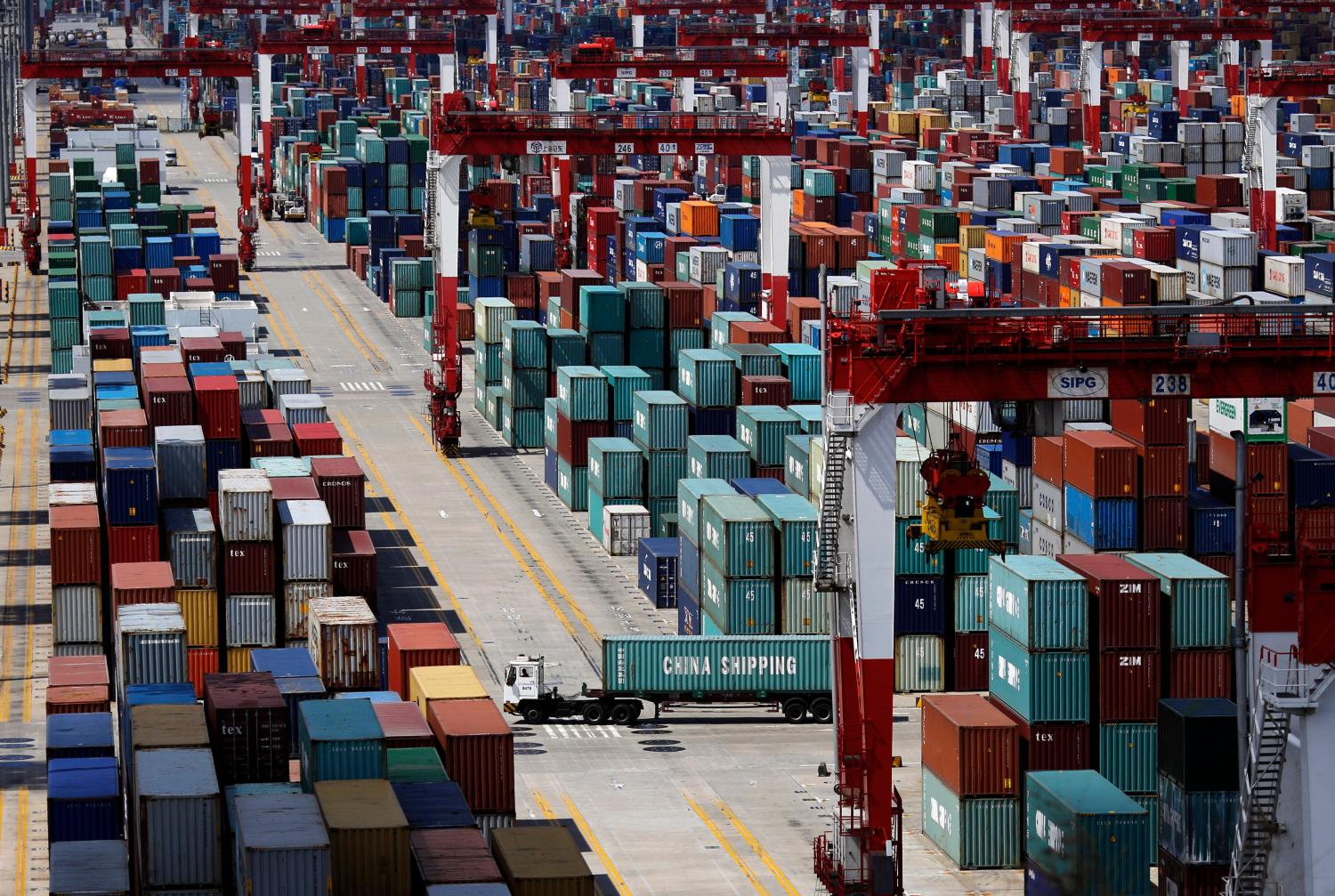Comments on this paper, its arguments and conclusions, are welcome. Please send your comments to the author, David Dollar.
China’s senior leaders have spoken for some time about the need to rebalance the economy away from such heavy reliance on exports and investment, towards internal consumption. This paper examines the earlier development experiences of Japan, South Korea, and Taiwan in order to shed light on the questions of whether China really needs to rebalance towards consumption and how it might be accomplished.
The unique aspects of China’s development likely stem from key institutional features of its model: the hukou system limiting rural-urban migration, the large role of state enterprises in the economy, financial repression, and the system for evaluating and rewarding local government officials. These factors together create a heavy bias in the Chinese system against household income and consumption, and in favor of investment and exports. Reform of these institutional features provides the best hope of smooth adjustment of China’s economy away from investment towards consumption.




